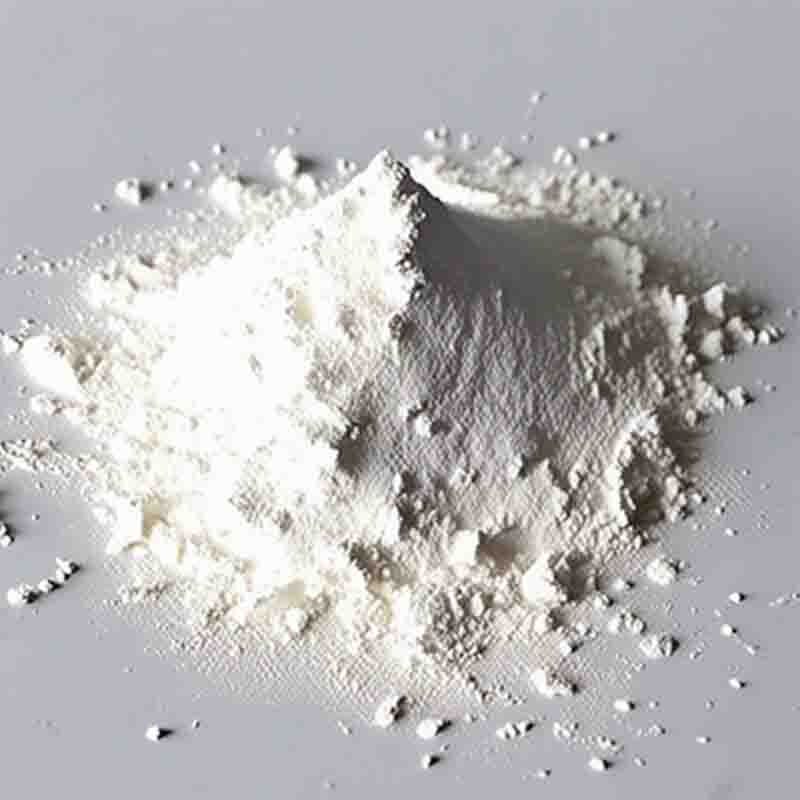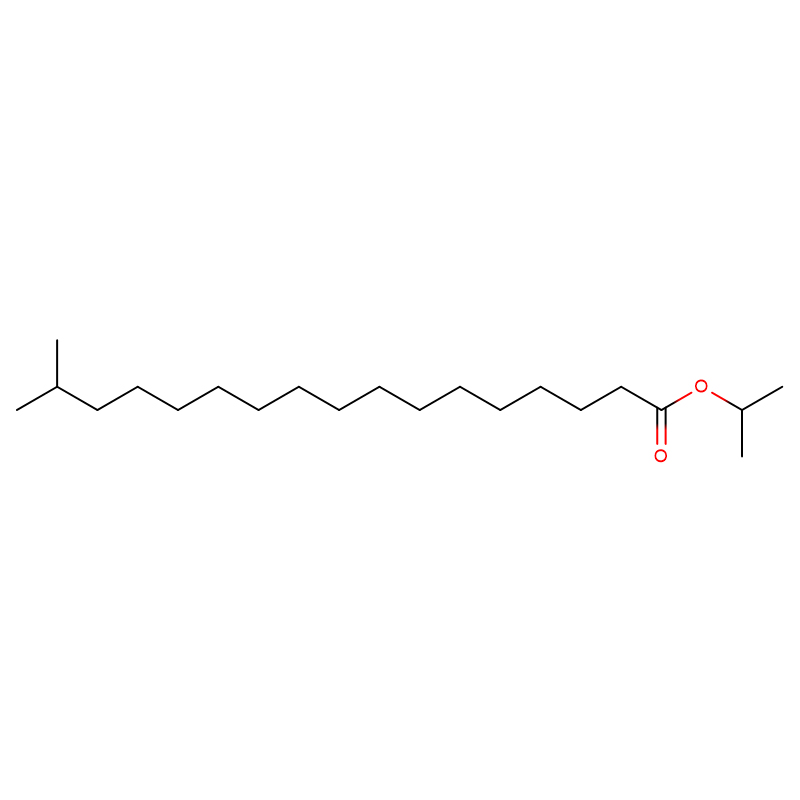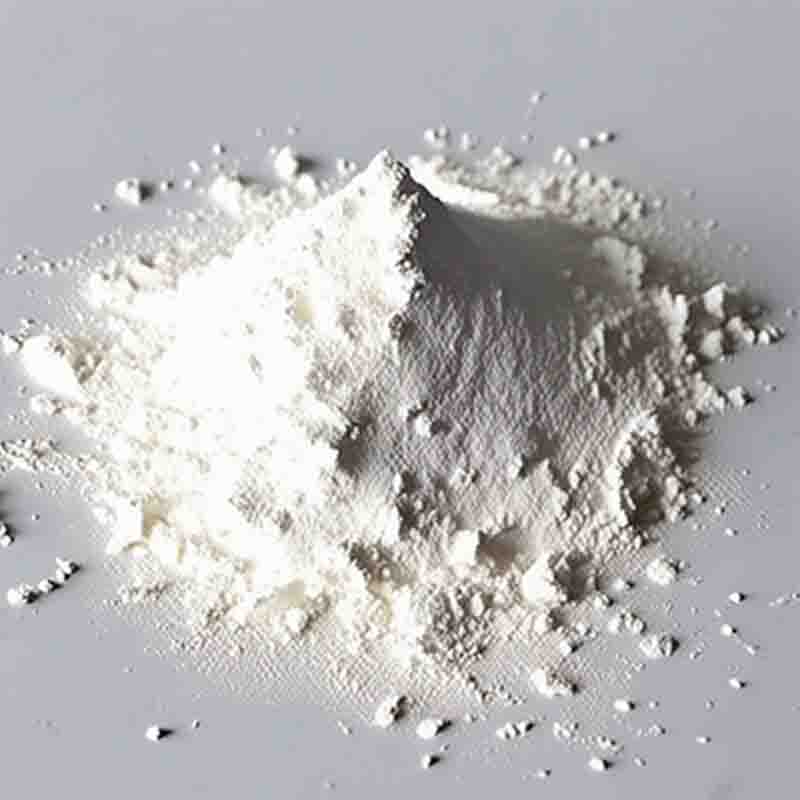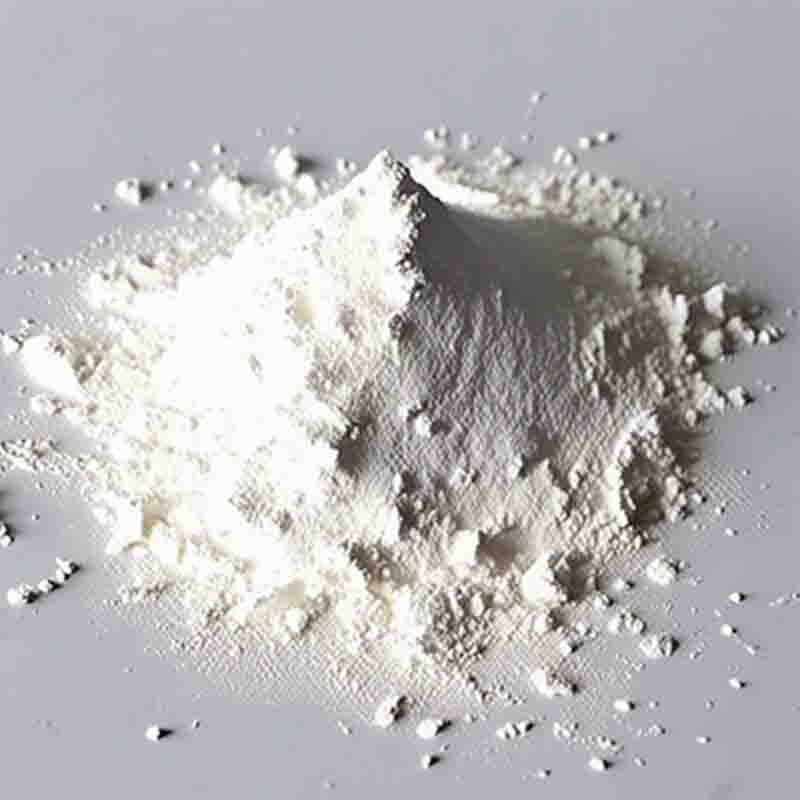Sodium iodoacetate CAS: 305-53-3
| Catalog Number | XD94158 |
| Product Name | Sodium iodoacetate |
| CAS | 305-53-3 |
| Molecular Formula | C2H2INaO2 |
| Molecular Weight | 207.93 |
| Storage Details | Ambient |
Product Specification
| Appearance | White powder |
| Assay | 99% min |
Sodium iodoacetate is an organic compound with the chemical formula C2H2IO2Na. It is a white crystalline powder that is commonly used in biological and biochemical research as an inhibitor of enzymes, particularly those that utilize ATP (adenosine triphosphate) as a substrate.One of the main applications of sodium iodoacetate is as an inhibitor of glyceraldehyde-3-phosphate dehydrogenase (GAPDH). GAPDH is a crucial enzyme involved in glycolysis, the metabolic pathway that breaks down glucose to produce energy. By inhibiting GAPDH, sodium iodoacetate effectively disrupts the energy production process in cells. This property makes it valuable in various research studies where inhibiting glycolysis is desired, such as studying the effects of metabolic inhibition on cellular processes or investigating the role of GAPDH in disease conditions.Sodium iodoacetate is also used as an inhibitor of other ATP-utilizing enzymes, including hexokinase, pyruvate kinase, and succinate dehydrogenase. These enzymes play essential roles in cellular metabolism and energy production. By inhibiting their activity, sodium iodoacetate can be used to study the specific functions and interactions of these enzymes in various biological processes.Furthermore, sodium iodoacetate is utilized in the field of neuroscience, where it is employed to inhibit the activity of ATP-sensitive potassium (KATP) channels. These channels are involved in regulating neuronal excitability and play a significant role in neurological diseases such as epilepsy. By blocking KATP channels, sodium iodoacetate can help researchers investigate the mechanisms underlying neuronal excitability and potentially develop new therapeutic avenues for treating neurological disorders.It is important to handle sodium iodoacetate with caution, as it is toxic and should be used following appropriate safety guidelines. Additionally, its use as an inhibitor of enzymatic activity should consider potential off-target effects and control experiments.In conclusion, sodium iodoacetate is a widely used compound in biological and biochemical research as an inhibitor of enzymes that utilize ATP as a substrate. Its inhibitory properties allow for the study of metabolic processes, enzyme functions, and neuronal excitability. The use of sodium iodoacetate provides valuable insights into various cellular and physiological processes and contributes to the advancement of scientific knowledge in the fields of biology, biochemistry, and neuroscience.


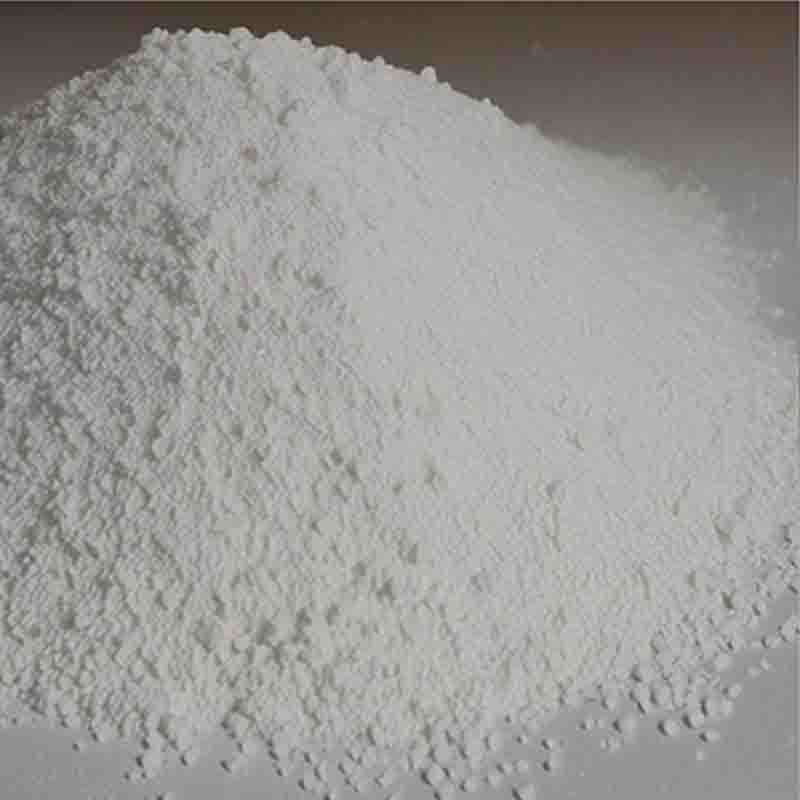

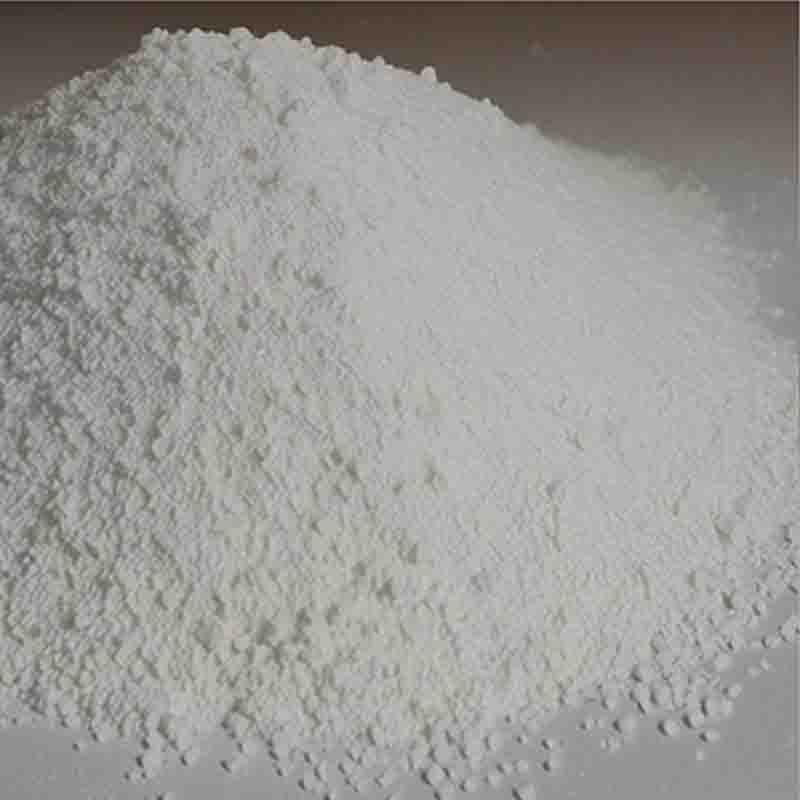
![4-[6-[(6-Bromo-8-cyclopentyl-7,8-dihydro-5-methyl-7-oxopyrido[2,3-d]pyrimidin-2-yl)amino]-3-pyridinyl]-1-piperazinecarboxylic acid 1,1-dimethylethyl ester CAS: 571188-82-4](https://cdn.globalso.com/xdbiochems/白色粉末2286.jpg)
